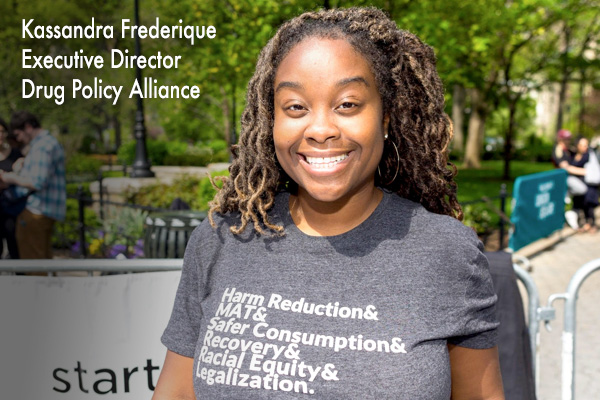Let’s hope we outlive the Drug War –
December 3, 2020 – Access to methadone and buprenorphine—the most effective forms of treatment for people who struggle with opioid use—has been severely limited as a result. And on top of all that, people are using alone, increasing their risk of fatal overdose, because there is no one present to reverse an overdose with naloxone or seek additional medical services if necessary. Yet at the national level, people who use drugs have been repeatedly left out of the COVID-19 aid thus far, with the packages that could provide them relief (such as the HEROES Act) indefinitely put on hold. They are told by policymakers to wait for the next go around, while harm-reduction programs they have come to rely on to stay safe risk losing funding. And in the meantime, additional lives are lost that could have—and should have—been protected.
The drug war sits at the nexus of the most critical issues facing society today: health care inequities, racial injustice, police brutality, economic disparities, and government waste. Without serious drug-policy reform, we will continue to see avoidable loss of life, unwarranted and punitive criminalization, and disproportionate targeting of Black, Latinx, Indigenous, LGBTQ+, and low-income communities. The war on drugs has woven a fundamentally flawed, punitive, dehumanizing system into the fabric of our society in ways that are both obvious and covert. And after over $1 trillion of government spending during the last 50 years, we are no closer to the drug war’s stated goal of reducing supply, yet we continue to throw away money and ruin lives to keep it going. It is clear we need to unravel this system—and all of its tentacles—if we hope to achieve any of the lasting changes we need.



